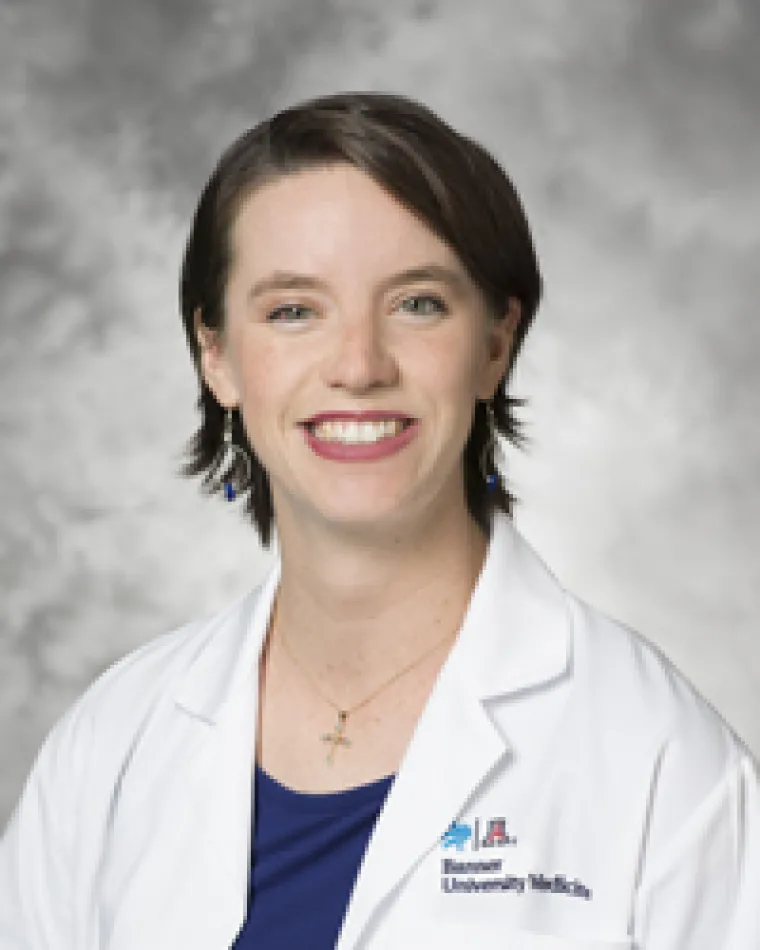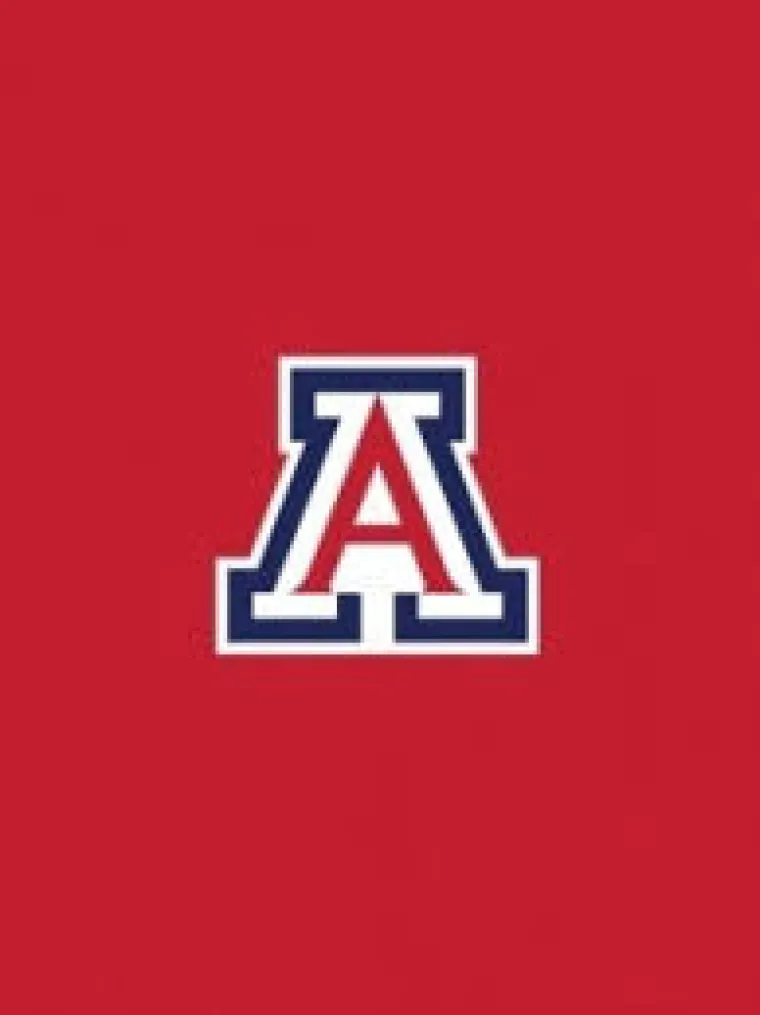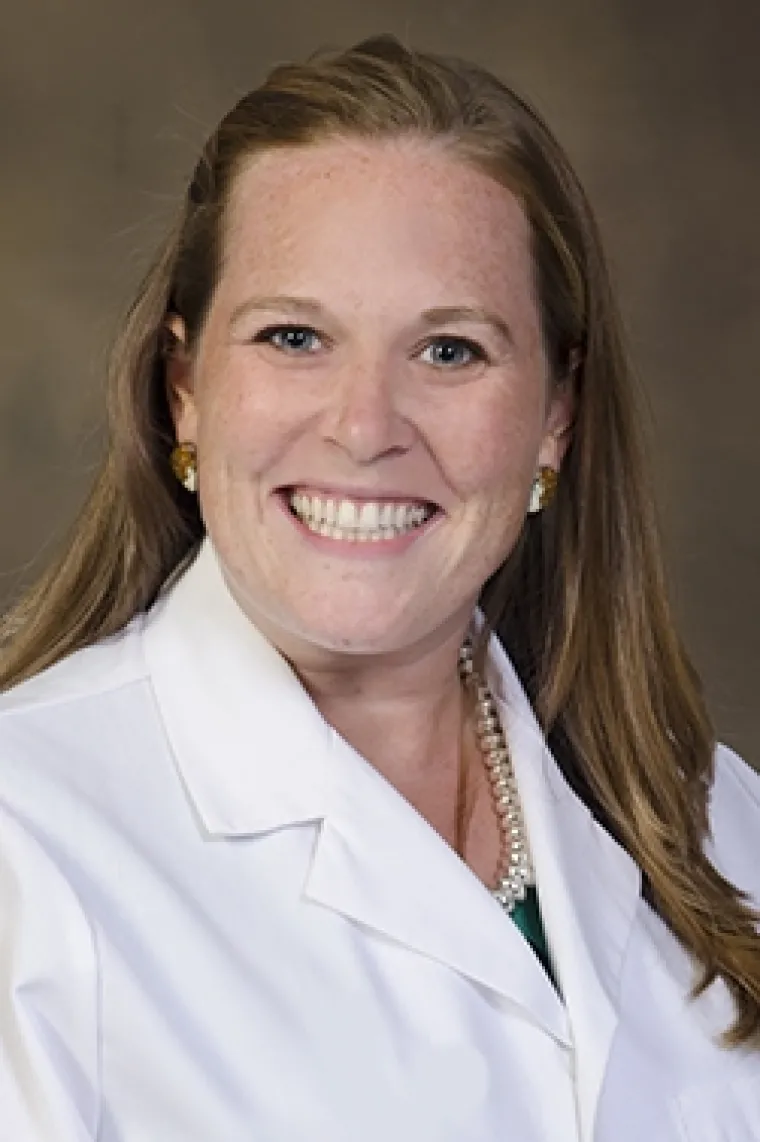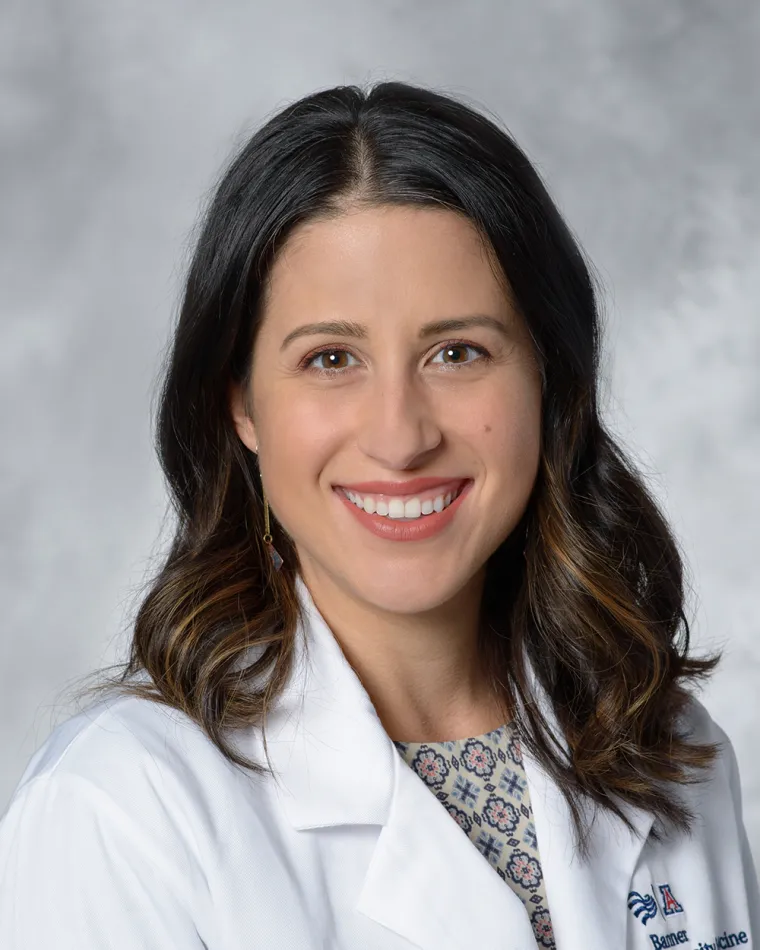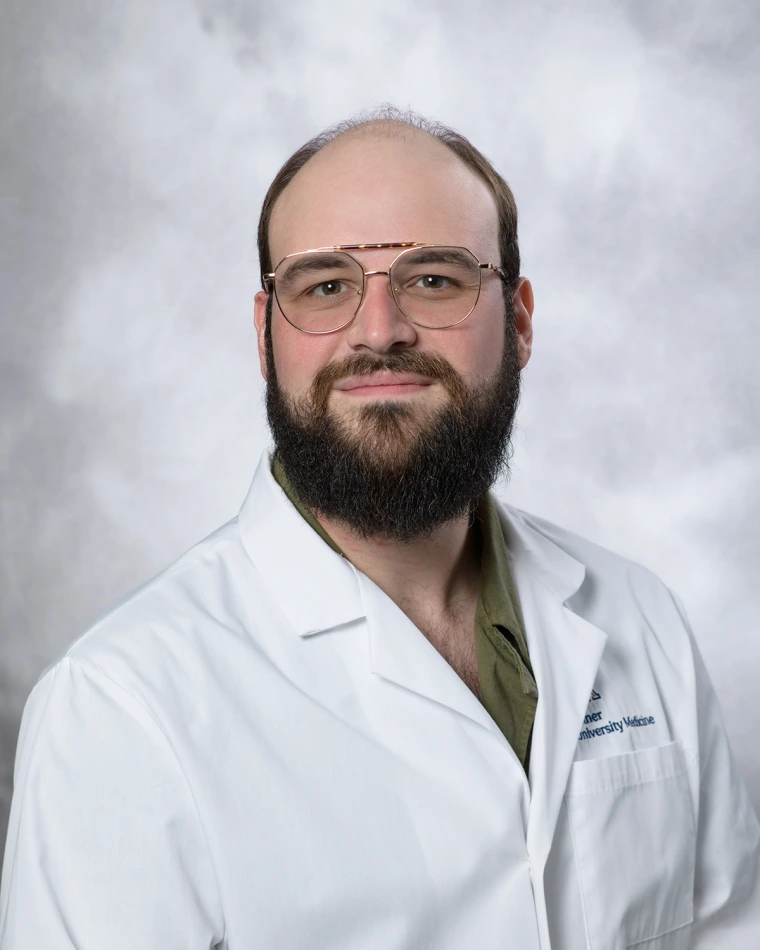Mobile Health Program
Our mission is to provide free health care, health promotion, and disease prevention to uninsured and underinsured individuals in southern Arizona.
Mobile Health Program Services
The Mobile Health Program is a fully licensed clinic and uses credentialed providers to deliver full-spectrum family medicine throughout southern Arizona, offering no-cost clinical services to uninsured individuals, including:
- General primary care and preventive services
- Well-woman checks and gynecological services
- Comprehensive prenatal care
- Reproductive health services
- Child physicals and sports physicals
- Chronic disease management
- Minor procedures
- Medicated-assistance treatment for opioid addiction

The Mobile Health Program was established in 1976 by Dr. Augusto Ortiz and Martha Ortiz as a free, mobile clinic for uninsured and low-income patients in southern Arizona, staffed by family medicine physicians, residents and University of Arizona student volunteers.
As a medical safety net for those who may otherwise not receive care, our clinic on wheels sees an average of 575 unique patients over 2,000 patient appointments annually.

Who We Serve
Each year the Mobile Health Program provides no-cost clinical care to uninsured and underinsured patients at community partner sites.
Since 2003, the Mobile Health Program has provided high-quality prenatal care to individuals who may otherwise receive none, due to cost. In collaboration with family medicine residents and faculty from the College of Medicine – Tucson, the MHP staff provides prenatal care, counseling, and prenatal and postpartum health education. Deliveries take place at the Banner – University Medical Center.
Where We Serve
Find our calendar of clinics on our Instagram page at @mobilehealthprogram.
Community partners include:
- March of Dimes
- Sunnyside School District
- Tucson Unified School District
- Southside Workers Center
- Community Food Bank of Southern Arizona
- Vida Nueva Resource Center
- St. John’s Catholic Church
If you would like to partner with Mobile Health, please contact Alicia Dinsmore at aliciadinsmore@arizona.edu
Financially, the Mobile Health Program is sustained by private donations, grants and the Ortiz Endowment, which was established in 2000 by Dr. Andy Nichols to serve as a permanent sponsorship fund.
Your donations are critical for providing medical care to those who need it most. Each dollar spent on Mobile Health provides a $30 return to the community. Please consider donating to support this critical service.
Annually, about 20 students engage through the program through internships, student worker positions and volunteer hours. For more information on opportunities, please contact Viridiana Johnson at viridianaj@arizona.edu.
Banner Partners
Adrianna Virgen, Medical Assistant
Make an Appointment
520-771-5570 (se habla español)
Fax: 520-626-9086
Administrative Office
655 N. Alvernon Way, Suite 160D
Tucson, AZ 85719
To collaborate with our program, please call our administrative office at 520-621-0088


